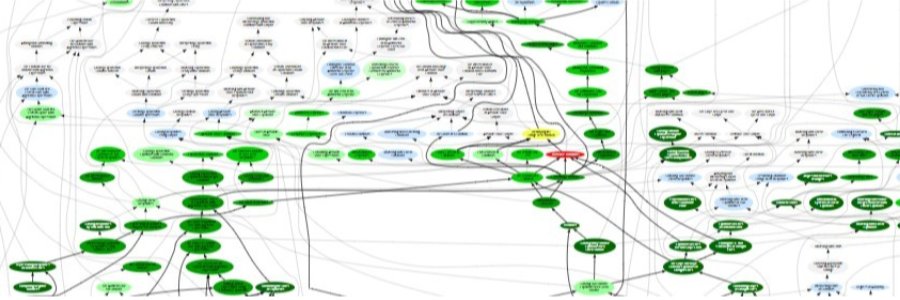
Justin Skycak
@justinskycak
Chief Quant, Dir Analytics (+many hats) @_MathAcademy_. I do our algo-heavy infra including the AI expert system & knowledge graph. ✍️ about serious upskilling
It’s shocking how much we know about how learning happens, all the way down to the mechanics of what’s going on in the brain. And it’s not just how learning happens, but also, what we can do to improve learning. There are plenty of learning-enhancing practice strategies that…
Why do schools keep chasing every new educational trend when decades of proven research already show us what works? 🧵⬇️
Everything you love about video games, you can find in real life upskilling. It takes more work and happens on a longer timescale, but the rewards grow far larger if you're willing to stick with it.
I find myself playing less video games and wanting to build way more
🎯 "it's insane how motivating a properly structured & scaffolded environment can be" Nothing succeeds like success!
My little kid is so motivated to finish his current Math Academy course before we go on vacation that I'm now sometimes getting two of those emails a day. I still can't believe that as recently as December, before we found MA, he claimed he hated math.
Repetition and creativity go hand in hand. The whole point of repetition is to automate basic skills so that they don't waste the mental effort that's needed to fuel higher-level thinking.

Fascinating conversation on the extent to which individual skill versus teaching methods matter in math. Justin’s empirical work here is phenomenal. Linking his post but the one above it is worth reading first.
Really interesting. Here's my evaluation of all the concrete examples you provided: --- EXAMPLE 1 > "But when in a process of solving something else (like a word problem) two unknown quantities come together in two different ways, and you get two equations, she wouldn't jump…
I've gotten a front-row seat to multiple dumpster fires where a well-intentioned teacher 1. focuses all their energy on class discussions about mathematical beauty and cool applications, 2. thinks that because they're so engaging they don't have to optimize instruction…
🎯 "when you don't get something ... it's just that you haven't worked through the right prerequisites on the skill tree. ... become default minded to close gaps in a systematic way, as opposed to questioning your ability to close gaps at all."
the coolest part of learning the @_MathAcademy_ way is that it makes you fearless to learn anything, and when you dont get something, you no longer think you can't or are too dumb, it's just that you havent worked through the right prerequisites on the skill tree. so you become…
Make your first impression on a contribution, not a critique.

The failure modes of our brains are so interesting. We humans really are more mechanical than most of us would care to admit.
One bug in my brain is that I make 3^3 =9 i presume because my brain sees two 3s and wants to shortcut it and make an analogy to the more common step of 3x3. It. It makes me aware, in some small way, that we are a little bit similar to LLMs who make arithmetic operations by…
How to launch a successful math learning journey -- tips from Kamil, who successfully made the trek from Foundations I all the way through Math for Machine Learning:
Second blog post: How to start efficiently with minimal investment. Includes a lot of tips and encouraging words.
The best way to solidify your knowledge is to continue layering new knowledge on top of it. This produces structural integrity in your knowledge base, which also makes it easier to assimilate new knowledge.

A scratchpad full of math can be surprisingly dopaminergic.
weekly scratchpaper i should be 99% done or complete by the next weekly scratchpaper
Never underestimate how productive you can become just by eliminating uncertainty and knowing exactly what you need to do.
I started MathAcademy. For me the biggest advantage is that it takes 0 willpower for me to get started. When I self-study with textbooks there's a lot of meta-work involved(which textbook? when do I stop reading and start exercises? How do I schedule my reviews?)
A common theme in the science of learning is that effective learning centers on deliberate practice, where activities are done entirely for the purpose of pushing one's limits and improving performance. Of course, these activities tend to be more effortful and less enjoyable.…
The most efficient way to increase the number of connections to existing knowledge is to continue layering new knowledge on top of it.

